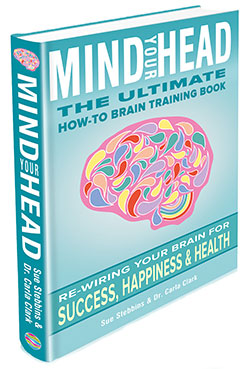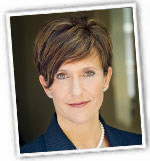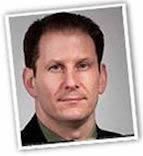Wittgenstein's Private Language: Grammar, Nonsense, and Imagination in Philosophical Investigations
(STEPHEN MULHALL)
Reviewed by Charles Crittenden
Page 3
Source: http://ndpr.nd.edu/review.cfm?id=9603
But Mulhall seems to reject this argument: it is hard to avoid thinking that we know what it would be like for reference to occur in a case where it fails. So we inevitably "experience the transcendental condition we take ourselves to have unearthed as a limitation rather than as a limit"(134). Yet one can respond that rightly understood, the argument does point out a limit -- it is senseless to imagine reference in circumstances where there is no way of telling when the ostensible referent is present. What seems to describe a possible situation merely presents a picture, a form of words that borrows the surface grammar of names and reference from their use in public contexts but that eliminates in the privacy situation the background conditions that make their employment possible. Indeed, this is the conclusion Mulhall arrives at in presenting his alternative and favored reading of these passages -- as areductio intending to bring out the emptiness of the apparently meaningful proposal that there can be reference to purely private entities. Without public objects of comparison we cannot know what such names refer to or even whether they refer to anything at all; the initial supposition of a private language is empty (136-7).
But it is very natural to think that these two interpretations identify different components of the same overall contention: the transcendental deduction states a broad limit of thought but requires a principle that generalizes the results of the reductio. This generalization arises immediately from thereductio and thereby becomes available for the more direct and comprehensive conclusion that the argument expresses. These two types of procedure combine to provide a powerful objection against the possibility of a private language.
We can take Wittgenstein's reflections in these passages, then, as supporting the idea that there are general requirements for language. And this leads to a final comment on Mulhall's many-layered, stimulating, and often illuminating book: some commentators have recently emphasized Wittgenstein's late attention to themes concerning broad aspects of thought, e.g. in "very general facts of nature" (Phil. Inv. p. 230), the stability of nature (On Certainty #473),or the limits of doubt (On Certainty #477). Here Wittgenstein's interests have developed beyond the therapy central to Philosophical Investigations and concern comprehensive features of our overall conceptual scheme. Perhaps Mulhall's discussions make it easy to see how this transition was a natural one for Wittgenstein to make.
We Make it Easy to Succeed
Successwaves, Intl.
Brain Based Accelerated Success Audios
 |






